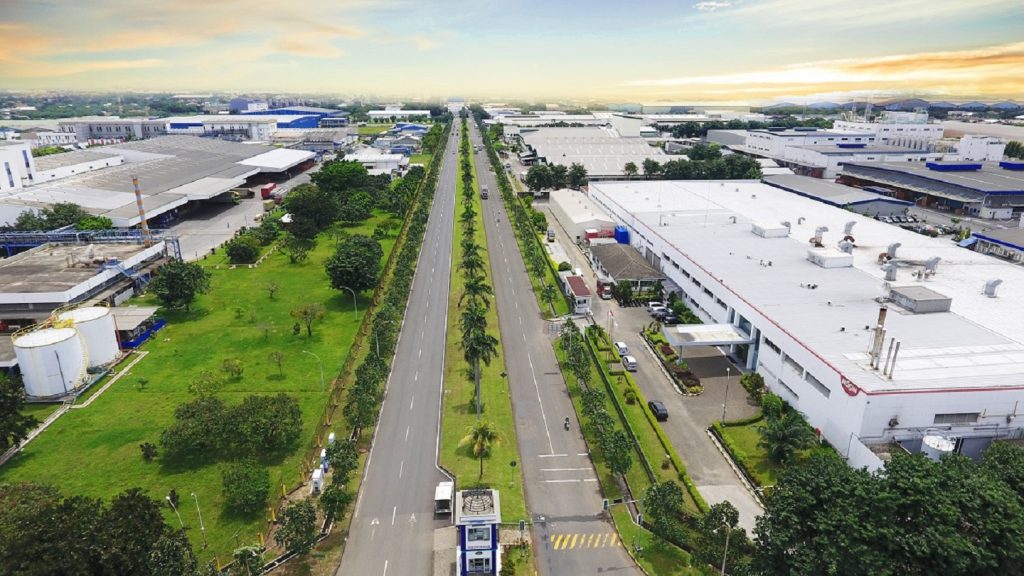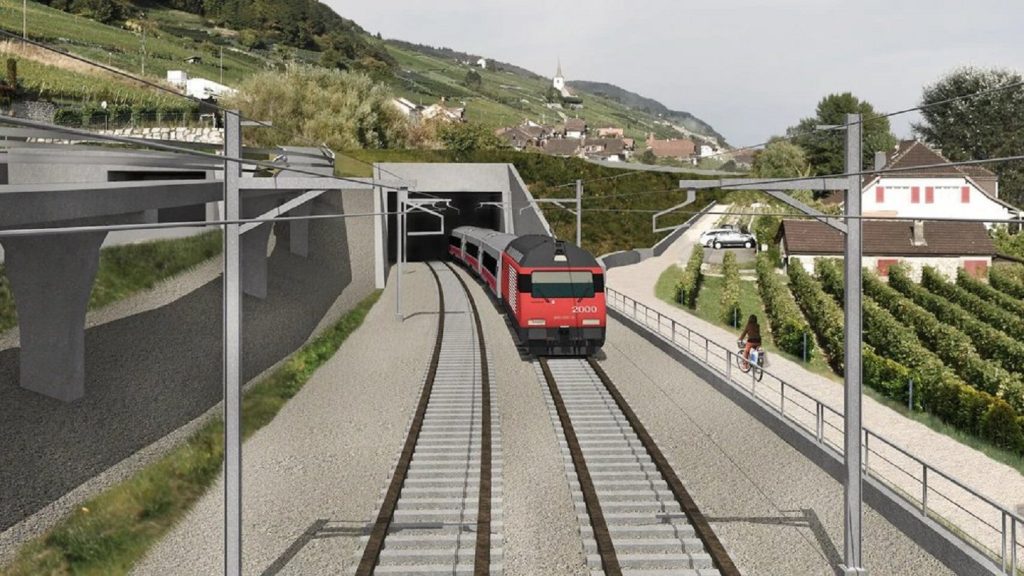Worcestershire County Council has announced upgrades to the A38 motorway at Bromsgrove to improve journey times and connection between the cities of Birmingham, Bristol, and Gloucester in the UK.
The total estimated cost of the project is £49.8m ($63.61m). The country's Department of Transport (DfT) has agreed to contribute £43m, with the remaining £6.8m to be provided by Worcestershire County Council.
This project will include major upgrades on a 6.4km stretch of the A38, between M42 Junction 1 to the north, and the junction of A38 with B4094 Worcester Road in the south.
It will focus on improvements at key junctions to prevent bottlenecks and cut down journey times.
Member of Parliament for Roads and Transport Richard Holden said: “Thanks to our £43m investment, these crucial upgrades will help reduce severe traffic congestion and poor connectivity for residents in Bromsgrove and Worcestershire, while making it easier to cycle and walk in Worcestershire.
“With work set to begin in the coming weeks, these improvements will bolster the local economy through new jobs and homes, while making journeys quicker and smoother for people to get around the area.”
As per the DfT, construction on the project is expected to commence in the coming weeks.
Associated works are expected to create more than 1,100 new jobs and provide over £93m in economic benefits to Worcestershire and the West Midlands county.
Improvements at these junctions will also help reduce journey times for local buses. A real-time passenger information system will be installed at bus stops along the route to provide live updates and help them plan their journey better.















